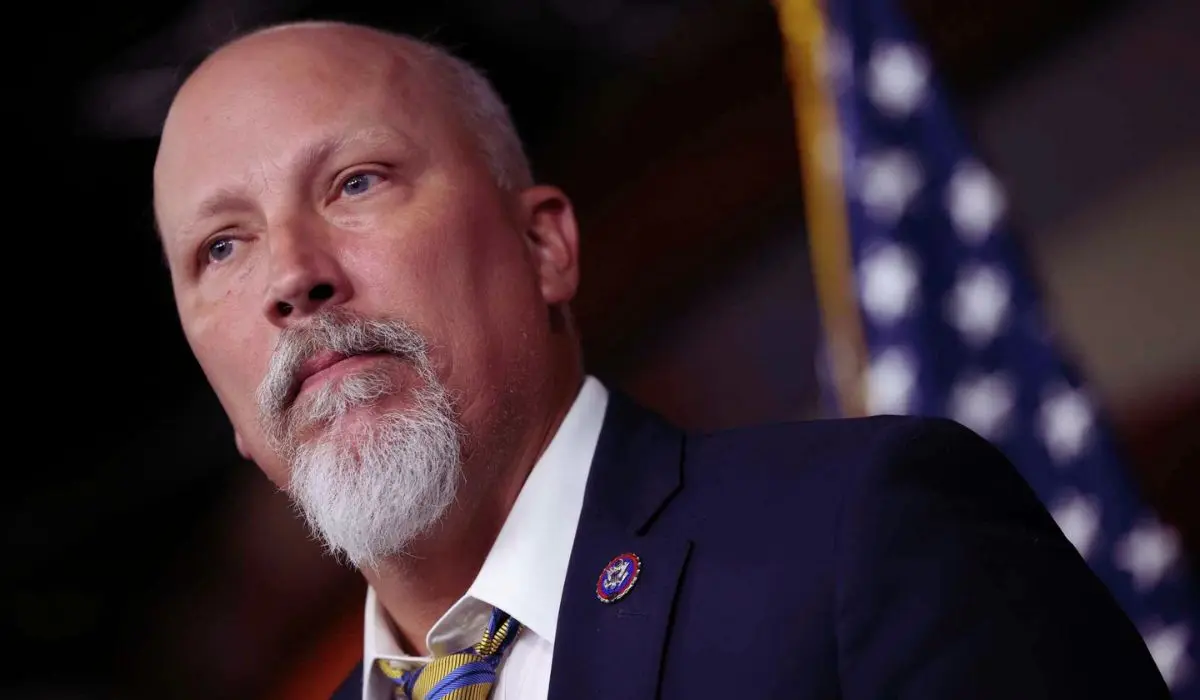With the end of the fiscal year fast approaching on September 30, Congress is facing a critical juncture: the urgent need to pass a continuing resolution (CR) to prevent a government shutdown. This stopgap measure is vital to keeping federal agencies funded and operational beyond the fiscal year-end.
However, the path to securing this necessary legislation has been complicated by a new and highly contentious push from conservative lawmakers. At the heart of this conflict is a conservative-backed proposal to enforce stricter proof-of-citizenship requirements for voting, a move that could not only stall efforts to pass the CR but also ignite a fierce legislative battle between the House and Senate.
The Conservative Drive for the SAVE Act
Central to the current impasse is the Safeguard American Voter Eligibility (SAVE) Act, introduced by Rep. Chip Roy (R-Texas). This legislation seeks to impose stringent measures to ensure that only U.S. citizens are allowed to vote in federal elections.

It proposes mandatory proof of citizenship for voter registration and requires states to remove noncitizens from voter rolls. The House Freedom Caucus has pushed for this measure to be attached to the CR, setting the stage for a potential showdown with the Democratic-controlled Senate.
Speaker Johnson’s Critical Decision
Speaker Mike Johnson (R-La.) is now faced with a pivotal decision regarding the SAVE Act. Although he has not ruled out the possibility of including the bill in the CR, Johnson is navigating complex negotiations to build consensus among his colleagues.
His comments on the matter reveal the gravity of the situation, with the SAVE Act being described as a significant concern within the broader discussion on government funding. The Speaker’s ability to manage these competing interests will be crucial in determining whether a CR can be passed without triggering a shutdown.
Senate Pushback and Republican Discontent
In the Senate, the push to include the SAVE Act in the CR faces strong opposition. Senate Minority Leader Mitch McConnell (R-Ky.) has privately expressed reservations about attaching the bill to a must-pass measure, citing concerns about its likelihood of passing in the upper chamber.
This skepticism is echoed by some House Republicans, who fear that attaching controversial policy measures to essential funding legislation could undermine broader legislative goals. For instance, Rep. Larry Bucshon (R-Ind.) has voiced concerns that such a move might jeopardize efforts to secure a CR and maintain government funding.
Democratic Opposition and Administrative Concerns
The Biden administration has made it clear that it would veto the SAVE Act, emphasizing potential negative impacts on voter registration and the risk of disenfranchising eligible voters. Most Democrats argue that the bill could exacerbate existing barriers to voting, making it harder for eligible citizens to register and participate in elections. This strong opposition from the Democratic side adds another layer of complexity to the legislative debate.
Strategic Implications and Future Challenges
Proponents of the SAVE Act, including Rep. Chip Roy, view the bill as a strategic opportunity to address electoral integrity while also negotiating broader funding issues. They argue that linking the SAVE Act to the CR could provide leverage to avoid a large, multi-bill omnibus package at the end of the year.
However, there is also recognition that this strategy could lead to further complications, potentially derailing efforts to secure necessary government funding.
Uncertain Outcomes as the Deadline Approaches
As the deadline for government funding approaches, the debate over the SAVE Act remains unresolved. The challenge for Congress will be to navigate these complex issues and find a path forward that balances the need for government funding with the contentious demands of conservative lawmakers. The outcome of this legislative battle will be crucial in determining not only the immediate future of government operations but also the broader dynamics of Congressional negotiations.
The ongoing debate over the SAVE Act and its potential inclusion in the continuing resolution highlights the broader challenges facing Congress as it strives to avoid a government shutdown. With both sides entrenched in their positions, the coming weeks will be critical in determining how these issues are resolved and whether lawmakers can find common ground to keep the government running.

